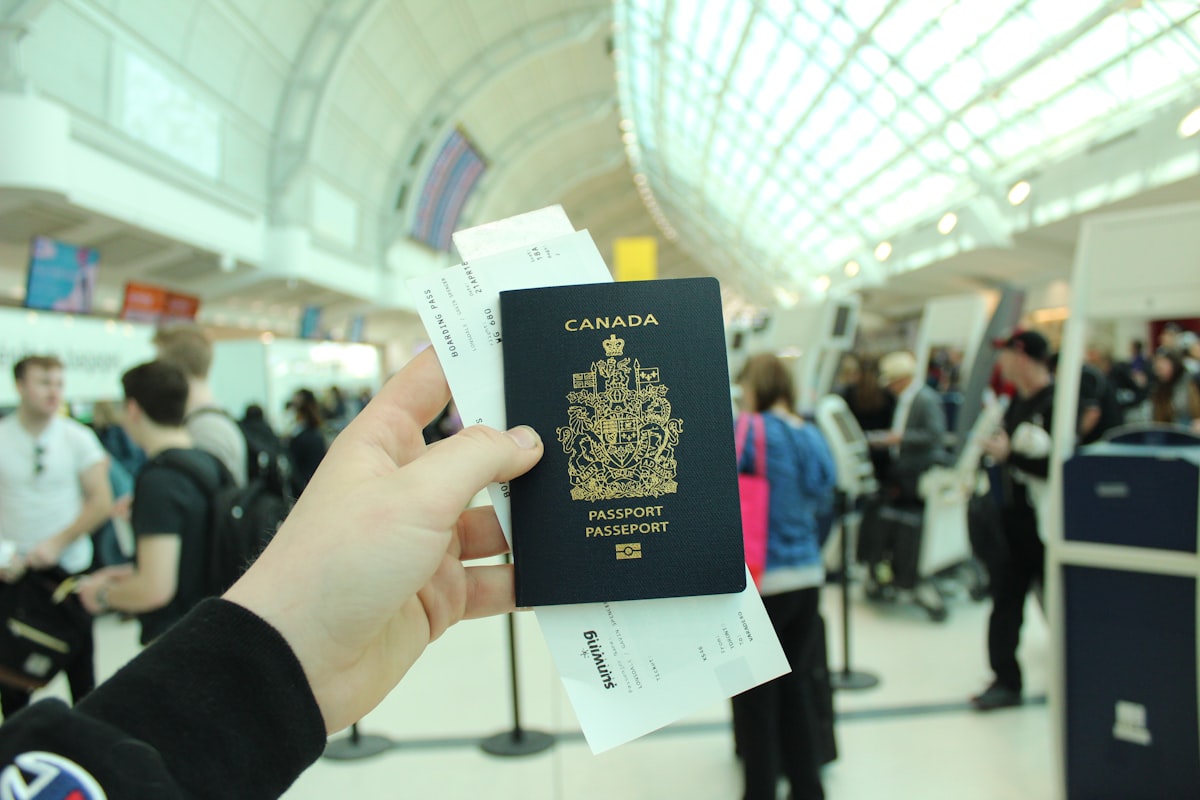Taxes in Canada

Table of Contents
Many of the benefits that Canada enjoys are funded by the taxes of its citizens. Canada’s tax system provides funding for roads, schools, health care, social security, public safety and services for immigrants.
Filing your first tax return is an important milestone for new immigrants living in Canada. If you are a newcomer to Canada or a resident of Canada, there is a lot of information to consider when filing your tax return. Filing a tax return can be confusing, especially for those who come from countries where they have never filed a tax return before. Here we answer some of the most frequently asked questions about Canadian taxes from immigrants and newcomers.
Frequently asked questions about Canadian taxes for immigrants
What are the tax rates in Canada?
Personal income tax rates in Canada. In Canada, the personal income tax rate is the highest federal marginal tax rate applicable to taxable income of $138,586 or more. Individuals are also subject to a provincial tax rate of at least 15%.
Do you think Canada’s tax rates are too high?
Canada’s progressive tax system is very similar to that of the United States, and the amount of tax an individual must pay depends on his or her circumstances. The average top marginal tax rate on wage income in Canada is 45.7%.
If I have no income in Canada, do I have to file a tax return?
Most people in Canada are required to file a tax return even if they have no income. You must be a member of the Canada Pension Plan (CPP). If your net self-employment income and pensionable employment income total more than $3,500, you must contribute to the Canada Pension Plan (CPP).
What happens if I do not pay taxes in Canada?
If you owe tax but do not file your return by the deadline (which must be postmarked by April 30), the CRA will impose a late payment penalty. The punishment is 5% of the funds owed for the month wherein the return is late, in addition to 1% of the money owed for the month wherein the return is late, up to a limit of a year.
How do I file a Canadian tax return?
By mail – You can complete a paper tax return and mail it to your local tax service office.
Online – you can use NETFILE to submit your tax return online.
For other options and to get more information on filing your tax return, visit the CRA website.
Do I have to pay tax as a student in Canada?
If you have income from summer employment, part-time work, scholarships or grants, you will need to file a tax return.
Immigration Trust. A five-year tax holiday for newcomers to Canada.
Under Canada’s Income Tax Act, new immigrants to Canada are entitled to a five-year “tax holiday” upon arrival in Canada, which is particularly beneficial for those who are settled in Canada, have a high net worth, or hold assets abroad.
Upon arrival in Canada, new immigrants are generally subject to Canadian income tax on their worldwide income. However, there is a provision in the law that allows for the creation of what is known as an “Immigrant Trust”. This trust holds the foreign investment assets of new immigrants. If properly structured, foreign income and capital gains derived from the assets held in the trust are tax-free.
Immigrants can set up an Immigrant Trust prior to their arrival in Canada and transfer their foreign assets into it. For example, if a person plans to live in Canada, own real estate in his or her home country and earn rental income, he or she can set up an offshore immigrant trust. That person can then set up an offshore immigration trust and transfer the property to that trust. For a period of 60 months, or five years, from the date an individual becomes a resident of Canada, the Canadian authorities will not tax rental income from real estate.
This five-year tax exemption allows immigrants to become Canadian citizens in just three years, after which they may choose to become non-residents for Canadian tax purposes. As a result, foreign income and capital gains may not fall into the Canadian tax net at any time.
Federal income tax
Income is divided into one of the four parts (or parts) of income tax. The tax band is based on taxable income, i.e. total income minus allowed deductions and exemptions, as described in the “Tax Reduction” section.
Each bracket pays a different rate of tax, as the table below shows:
















